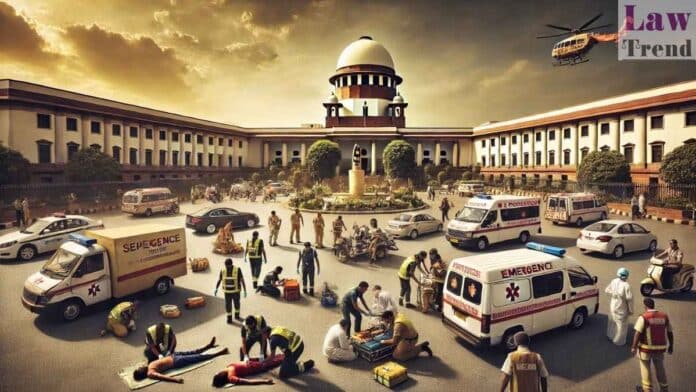In a significant ruling, the Supreme Court of India has held that a Motor Accident Claims Tribunal (MACT) cannot disregard the findings of a duly constituted Medical Board while determining compensation for accident victims. The judgment, delivered in Prakash Chand Sharma v. Rambabu Saini & Anr., significantly enhanced the compensation for the appellant, who was
To Read More Please Subscribe to VIP Membership for Unlimited Access to All the Articles, Download Available Copies of Judgments/Order, Acess to Central/State Bare Acts, Advertisement Free Content, Access to More than 4000 Legal Drafts( Readymade Editable Formats of Suits, Petitions, Writs, Legal Notices, Divorce Petitions, 138 Notices, Bail Applications etc.) in Hindi and English.




